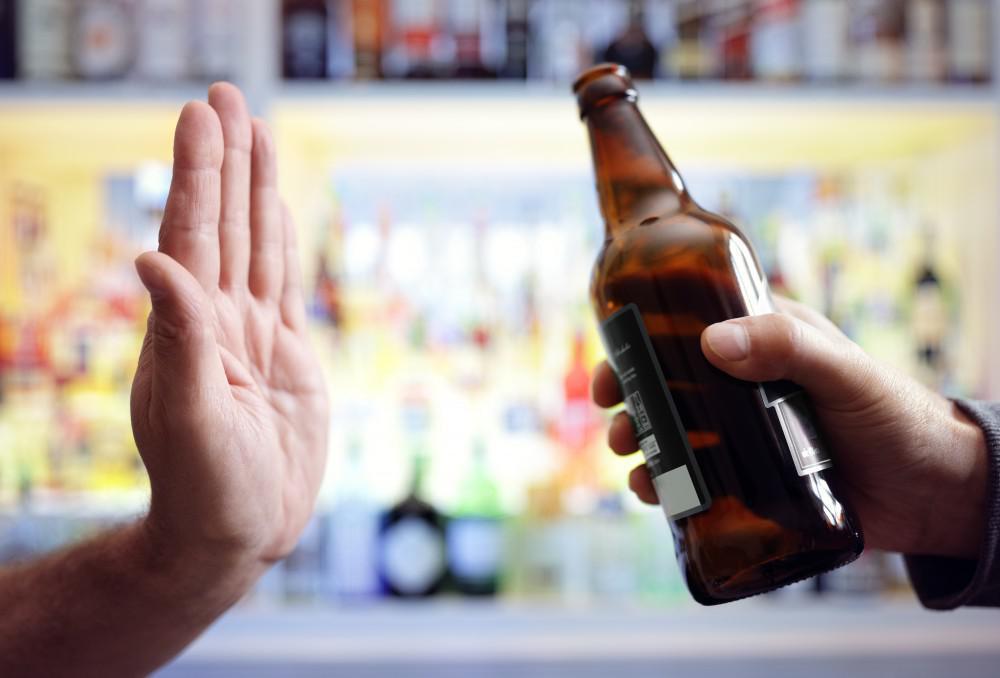
5 Tips for Staying Sober
You’ve done the work to become clean and sober, and you want to do what you can to stay that way. Here are five great tips that will help you safeguard your freedom from a substance use disorder.

Addiction takes control of your life, including your physical, mental, and emotional health. Since addiction is multi-faceted, it requires a multi-faceted approach to free yourself from its prison.
At Northview Wellness, our experienced and dedicated team offers the tools you need to take charge of your life. Addiction can be a powerful enemy, but if you tackle it from every angle, using every tool available, your chances for successfully defeating the problem increase exponentially.
Here’s a brief look at what a successful addiction program entails.
The first thing to understand is that there’s a difference between addiction and dependence. With dependence, your body relies on your substance of choice and goes into withdrawal when you quit.
To help solve the dependence piece of the puzzle, we offer detox services for those who are dependent upon alcohol, opioids, and benzodiazepines. Using specialized medications, alongside recovery support, we can help you detox inside of a week.
From there, we tackle the addiction side of the equation, which is a tricky one since it’s a disease of your brain. In short, addiction causes your brain’s neural pathways to reform, which is what creates the uncontrollable cravings and the inability to quit using.
After you detox, our goal is to set you on a solid path toward recovery, which means addressing your addiction. To start, Suboxone and Vivitrol can play an ongoing role in your early recovery.
Suboxone, Vivitrol, and naltrexone tablets are designed to curb the cravings while also negating the effect that your substance of choice can have on your brain (in other words, they prevent you from getting drunk or high). Other medications like acamprosate, topiramate and disulfiram can also decrease craving.
While medication management can be highly effective and can play an integral role in your early recovery from addiction, it’s important to understand that the medications are not magic bullets.
Whether you take medications for your addiction or not, most people benefit from recovery support to overcome addiction. What this support looks like depends upon your unique needs, but there are few people who can defeat addiction without help.
For example, many of those who come to a substance use disorder do so to manage an underlying problem like depression or anxiety. This means that successful recovery comes from doing the work necessary to find peace, whether it’s through cognitive behavioral therapy, trauma therapy or support groups.
Even if you don’t have a co-occuring disorder, support groups and counseling play invaluable roles in keeping your recovery on track.
Whether this is your first attempt at sobriety or your tenth, to successfully battle an addiction you should stay accountable and focused. Accountability means letting friends and family in on your recovery so that they can provide support, and reminder you about one of the main reasons why you want to stay in recovery.
You should also stay accountable to yourself. If, for example, you’re coming off of a relapse, go back and figure out what led to picking up again — it doesn’t just happen out of the blue. Recognize the triggers and pitfalls and put a plan in place to avoid them next time around. This requires focus, support, and perhaps saying goodbye to a few people, places, and things that were part of your “old” life.
The bottom line is that addiction is a chronic disease, and our goal is to help you put it into remission forever by using all the many great tools at our disposal.
To get started on gaining the upper hand over your addiction, contact our office by phone or email to learn more about our recovery support.

You’ve done the work to become clean and sober, and you want to do what you can to stay that way. Here are five great tips that will help you safeguard your freedom from a substance use disorder.

The connection between a substance use disorder and a mental health issue is a strong one, as the nearly eight million Americans who have a co-morbidity prove. When this occurs, treating both issues is paramount.

Addiction is a chronic disease that requires constant vigilance and good management. When a person falls short, relapse can occur. If you’re worried that a loved one has relapsed, here are some signs to look out for.

You believe that you’re drinking isn’t normal anymore, and you’re tired of the overwhelmingly negative effects that alcohol is having on your life. The good news is that alcoholism is highly treatable.

The rise in availability of telehealth services has been great news for those who need (or would prefer) to receive quality health care from the comfort of their own homes. These services also extend to substance use disorders.

Whether you’ve tried to break your opioid addiction before or this is your first attempt, why not greatly increase your chances of success with Sublocade®? Here’s a look at how Sublocade can ease your recovery journey.